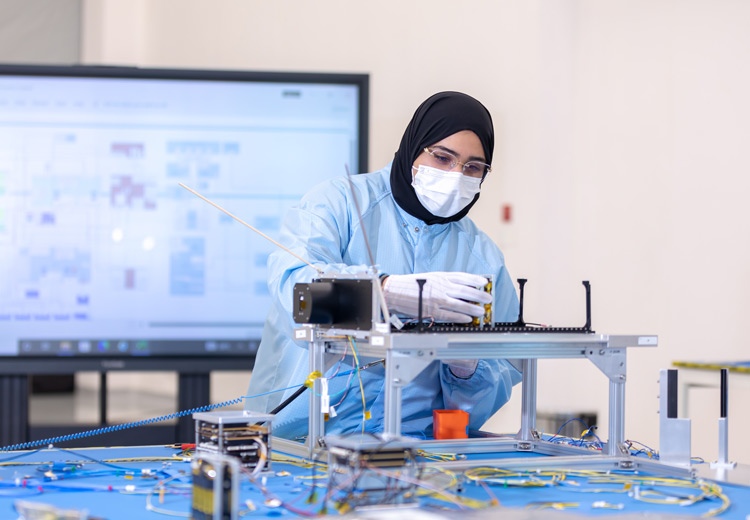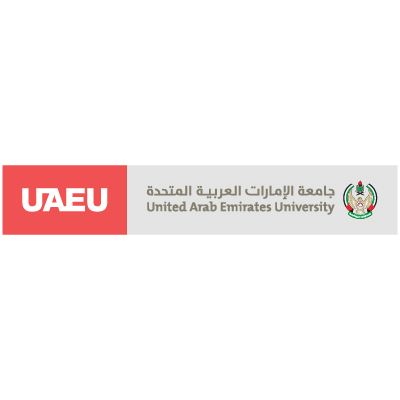The holistic approach to research excellence and the drive for social impact

Sponsored by

Sponsored by

With an ambitious new strategy for transforming its research ecosystem, the United Arab Emirates University is going all-in with its efforts to find innovative solutions to 21st-century problems – at home and abroad
The United Arab Emirates University (UAEU) has rolled out a bold, institution-wide strategy that will transform its research activities by 2026 and enhance its impact nationally and internationally in the years to come.
Since its founding in 1976, UAEU has prided itself on being a society-facing university, fostering a culture of interdisciplinary collaboration, developing patents and teaching entrepreneurship to its students. But the ambition and scale of its Research and Innovation Strategy 2023-2026 (RIS) is a watershed moment, offering a holistic framework for the institution to transform how it conducts research.
The RIS comprises 14 projects under five key strategic goals and was developed in consultation with university stakeholders and partners in the community. Ahmed Ali Murad, associate provost for research, chairs the supreme committee of the RIS, and he believes the strategy underlines UAEU’s commitment to social impact.
“This strategy is the outcome of intensive consultation and meetings with the different institutes at UAEU at all levels – faculty members, staff, students, undergraduate and graduate students,” Murad says. “We consulted with the community. We had consultations with our national and international strategic partners. Their input is very important for the university and its development, and the development of the nation.”
Under the strategy, UAEU will modernise its grant management scheme, improve research productivity, expand its network of international partners and accelerate its patent programme. UAEU has an impressive record with patents, having been ranked in the top 100 universities by the US Patent and Trademark Office. Mohsen Sherif, director of research and sponsored projects, emphasises that UAEU can improve its research productivity and quality through the implementation of the RIS. He has high hopes for the university’s patent accelerator programme. “What we want to see is to have a framework, a more organised strategy for the commercialisation of the patents and communication with industry,” he says.
UAEU’s University Outreach Department will take on a proactive role in promoting engagement with local government and industry and diversifying the portfolio of long-term industry collaborations. Recruitment of research faculty constitutes a central aspect of the RIS, with various projects in place for attracting and retaining academic talent. Faculty will be designated by category – research, teaching and both – and will be supported in their career development. “The purpose of this is to give more time, reduce the teaching load for those who are doing research so that they can focus on research,” Sherif says.
There will be a considerable capital investment from UAEU as it upgrades its research infrastructure, modernising and expanding its lab spaces in a four-year project that will underpin a “comprehensive and robust” research ecosystem. Two new research centres have been funded by the ASPIRE Research Institutes Program, while existing centres will align with an overarching research mission that is steered by the UAE’s strategic priorities, the Centennial Plan 2071, and the United Nations Sustainable Development Goals.
“The strategy is really very comprehensive,” Sherif says. “The implementation of the strategy will make a really significant and tangible impact both nationally and globally.”
Find out more about UAEU.